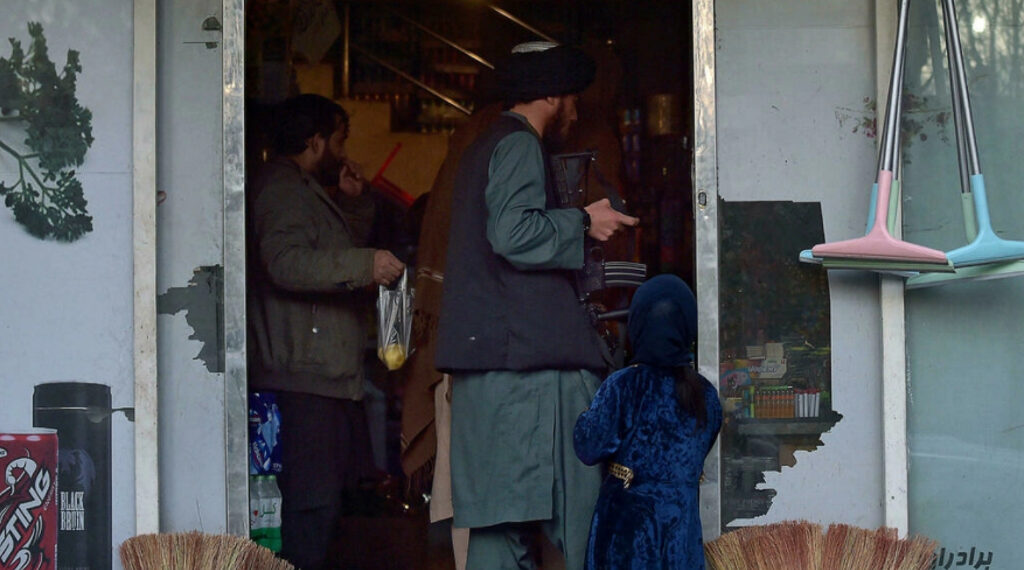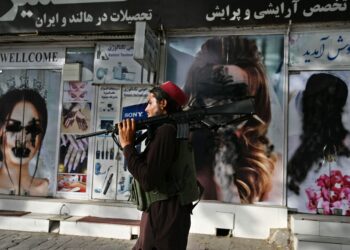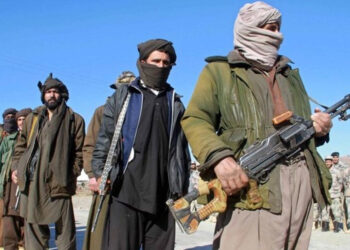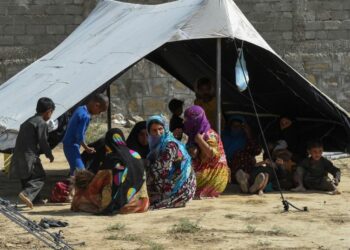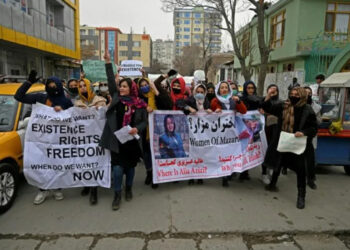International donors agreed to release $280 million in aid to Afghanistan, the World Bank said Friday, after repeated warnings that more than half the population face “acute” food shortages this winter.
The fund from the Afghanistan Reconstruction Trust Fund (ARTF) will go “to provide humanitarian assistance to the people of Afghanistan at this critical time,” the World Bank said in a statement.
The funds will go to UNICEF and the World Food Programme, who “have presence and logistics capacity on the ground in Afghanistan and will use these funds to cover financing gaps in their existing programs to deliver health and nutrition services directly to the Afghan people.”
The bank’s management earlier this month offered the proposal to re-direct the funds intended for rebuilding efforts.
The United Nations has repeatedly warned that Afghanistan is on the brink of the world’s worst humanitarian crisis.
Around 22 million Afghans, or more than half the country, will face an “acute” food shortage in the winter months, forcing millions to choose between migration and starvation.
That is due to the combined effects of drought caused by global warming, and an economic crisis aggravated by the international community’s decision to freeze funding to the aid-dependent nation after the Taliban takeover in August — a decision the UN described in a recent report as an “unprecedented fiscal shock”.
Washington froze about $10 billion of the country’s reserves and the World Bank and International Monetary Fund halted Afghanistan’s access to funding.
Many people in the capital Kabul have resorted to selling household goods in order to feed themselves and buy coal to heat their homes in the winter.
UNICEF will receive $100 million to provide essential health services, and WFP will receive $180 million, the statement said.


